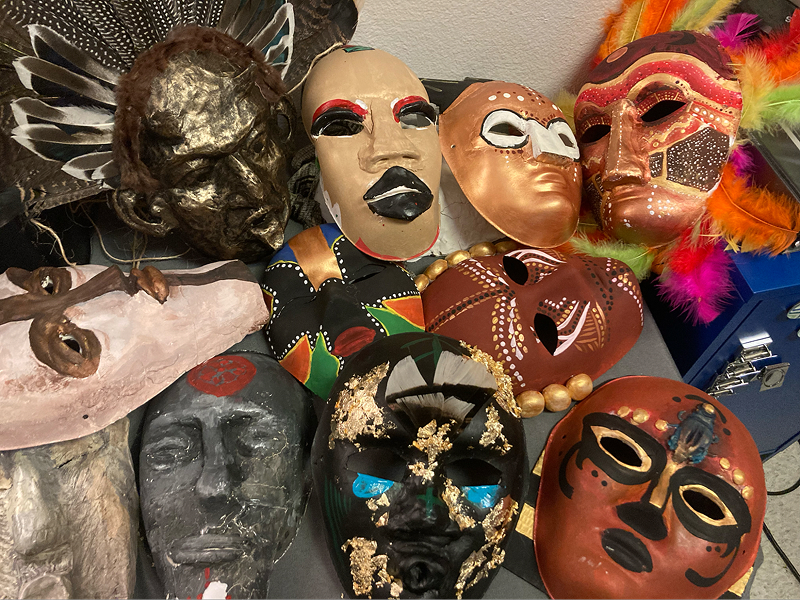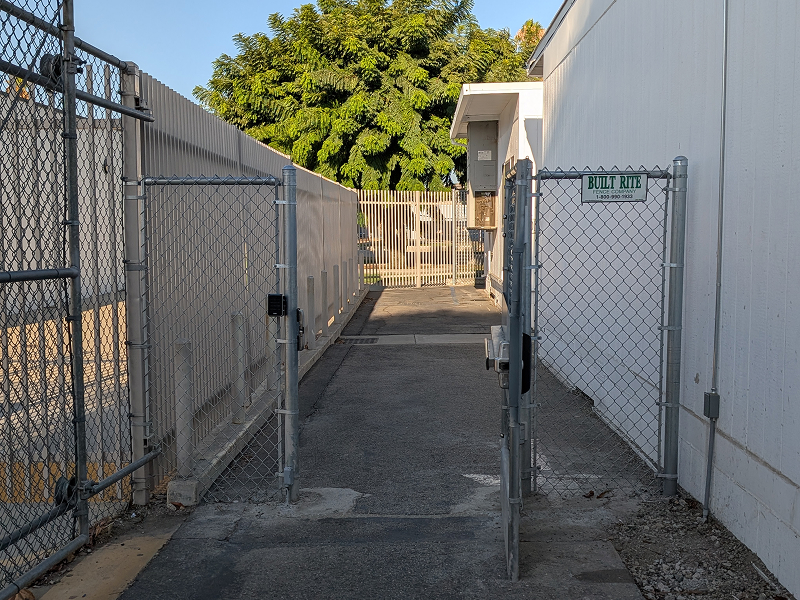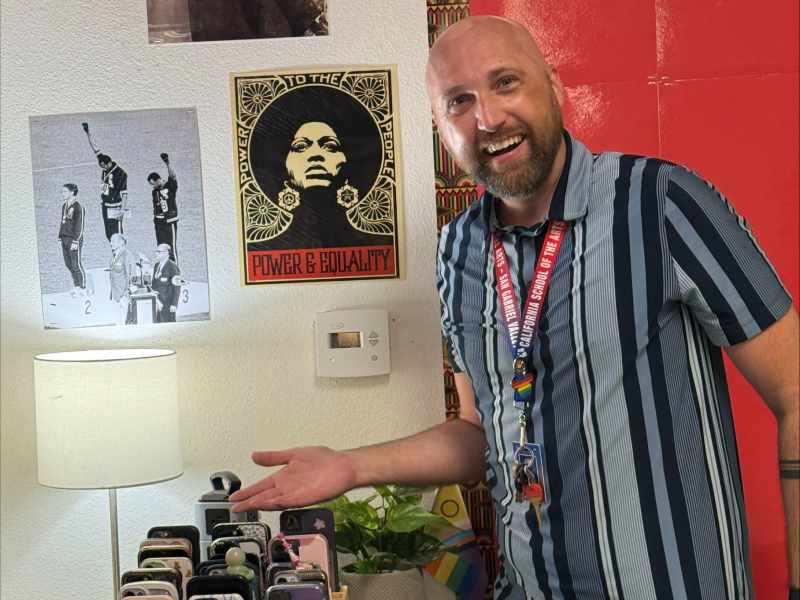At the beginning of the school year, class lists were released, marking a fresh start for many students. Yet when it comes time to choose courses, history classes are often the ones students skim past without much thought. One newly created class, African American Studies, is not just a standard history elective, it’s been in development since the 1960s, when universities started advocating for more inclusion in education.
Still in the U.S, only 700 schools in 50 states include AP African American Studies in their curriculum. The first Black studies program was established in San Francisco State University during a major Civil Rights era. The College Board launched the first high school pilot of AP African American Studies in 2022-2023. The formation of African American studies takes a new step of greater recognition for Black history and culture in education.
“It’s needed to expand a student’s knowledge and experience. Keep the study of history alive and engaging. This class especially, because there’s a trend in the historical community that has adopted this social viewpoint of history” AP African American Studies instructor Mr. Turf said.
CSArts is one of the few schools that has African American Studies as an option. As a school with a large racially-diverse population, having African American history available allows kids to see their own identities, cultures and give a fuller exploration of US history, one that constantly erases diverse historical stories.
Colleges also see African American Studies as an impressive course.“The additional narrative of history is impressive to Colleges. It makes you look different because it’s only one of the few classes in America. Ethnic studies is a few years away from being a graduation requirement. They will be behind the future generation who have it,” Turf said. Students who take this course are seen as people who like to challenge themselves and are held higher than students who just take AP U.S. or AP World History.
African American history shows resilience and focuses on the importance of community and identity, while continuing to fight an ongoing injustice, where people can see their stories reflected in history and contribute to discussions still relevant today.

 New Gates for the 400s
New Gates for the 400s